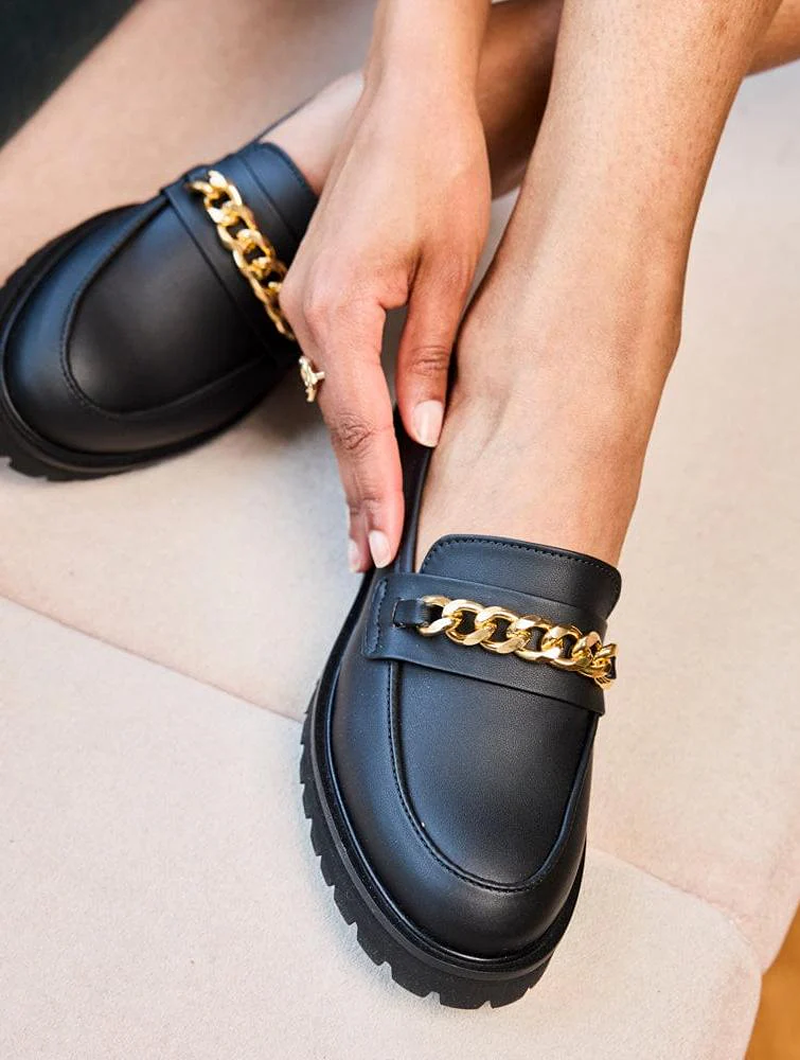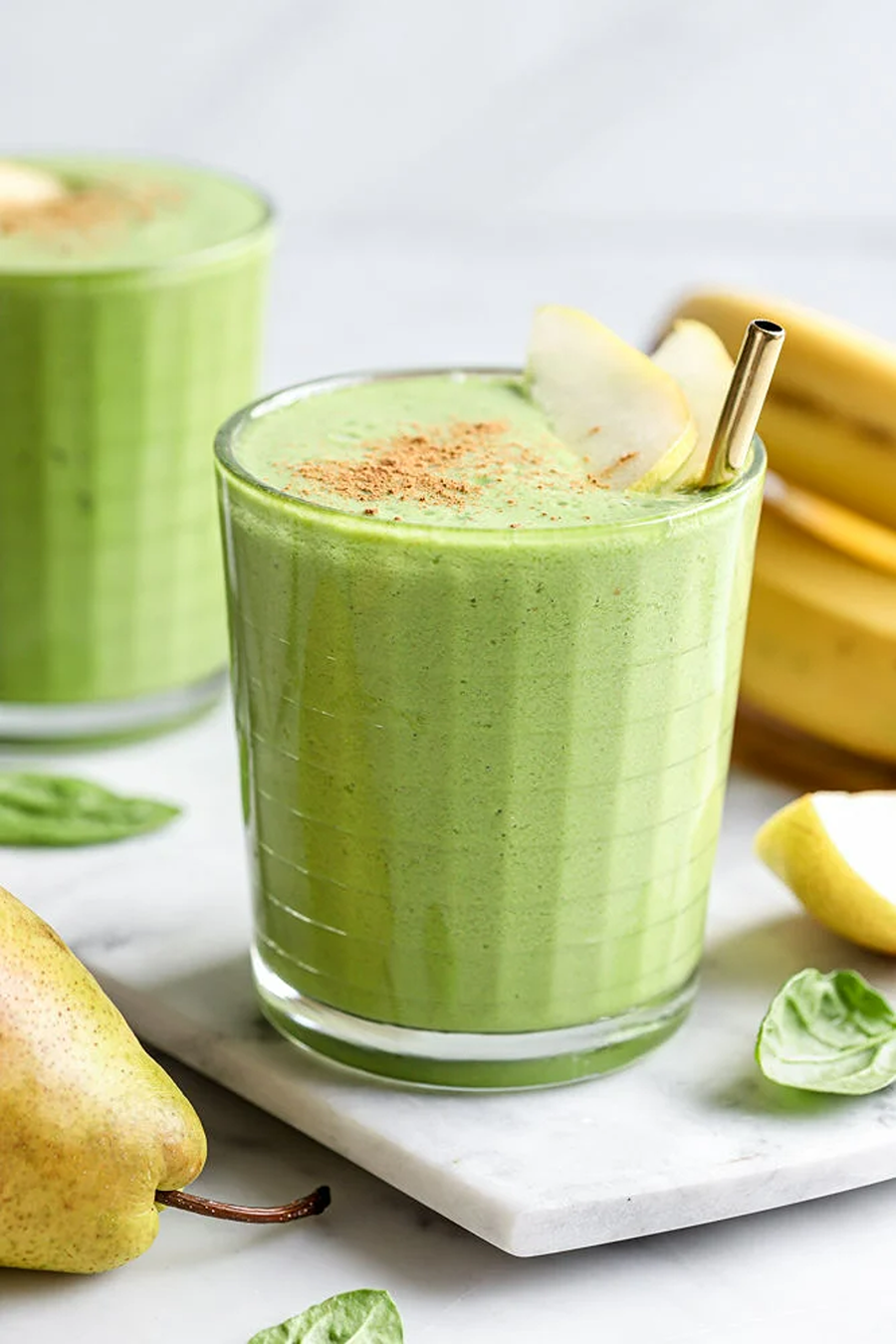Where to Recycle (Almost) Absolutely Everything

Suffolk, Pastel Pine
You can also use your council to order a new dustbin, and find out bin collection days. Look up your local council, to see what their policy is, as each one differs on what it recycles.
Recycle Now is a good website. Just enter what you want to recycle and your postcode to find information. Plus you’ll find a simple A to Z list of how to recycle everything. A few points of note:
You can report illegal disposal of waste to Crimestoppers (anonymous if wished), especially if it’s hazardous waste.
If donating to charity shops or raising funds online, only choose humane medical research charities (not the big guns that spend funds on cruel and out-dated vivisection).
Don’t be a ‘Wishcycler!’
This is something perhaps all of us have been guilty of in the past. We try to recycle, then get confused – so throw it in the recycling bin anyway, hoping that ‘someone nice who knows what they are doing sorts it out for us’.
The truth is not so simple! It’s usually machines these days that recycle, and they usually can’t understand your good intentions!
So it’s best to read your council website policy, do your best. Then if in doubt, throw it out. This is because adding something to the recycling bin that should not be there, usually contaminates the other items, so nothing gets recycled.
You should rinse sticky jam jars etc, and remove sticky tape from cardboard (a good reason to choose paper-based packing tape).
Things You Can’t Recycle
- Black plastic bags cannot be recycled, as machines don’t recognise the colours. Instead, choose biodegradable white bin bags.
- Greasy pizza boxes (remove the greasy part and recycle the rest).
- Microwave porridge sachets (contain plastic).
- You can recycle window envelopes (the machines can sort the plastic from the paper).
- Although you can recycle empty bottles of cleaners, items with liquid inside (including aerosols) should go to the tip for recycling. A good reason to choose eco-alternatives.
- Trigger sprays can be recycled (if fixed to bottles), but pump dispensers have to be binned).
Things that must go in household rubbish bins include:
- Animal waste (poo!)
- COVID-19 tests and PPE (always ‘snip the strips’ of blue disposable face masks if used, to avoid them tangling birds and wildlife at landfills).
- Disposable nappies
- Glass cookware (including Pyrex), drinking glasses and ceramics
- Plastic sticky tape
- Disposable tissues and wet wipes
- Disposable cotton wool and cotton buds
- Old pots and pans
Recycle Food Waste
Food waste makes up a good portion of recycling bins. If your council supplies a food waste caddy, you can usually place (check first):
- All uneaten food and scraps
- Breads and pastries
- Cooked/raw meat and fish/bones
- Mouldy or out-of-date food (removed from packaging)
- Non-liquid dairy products, eggs and eggshells
- Fruit and vegetable peelings
- Rice, pasta and beans
- Tea bags and coffee grounds (don’t use home composting bins, as caffeine can harm compost creatures – same with rhubarb and citrus fruits due to acids).
- Do not put liquids in your food caddy.
Recycle Glass
Glass is easy to recycle at kerbside or bottle banks (you can put blue bottles in green glass banks). Things you can’t put in bottles banks are vases or glass cookware. Nor lightbulbs (old ones are binned, recycle LED bulbs at the tip).
Recycle Metals
Drink cans, food tins and clean aluminium foil go in most home recycling bins. For scrap metal like old bikes, curtain rods or small appliances, take them to a recycling centre. Some scrap metal yards also take items for free.
Communities can also raise cash by recycling tin cans in their community.
Recycle Books
Books can be donated to local (not animal-testing) charity shops, or swapped or even donated to children, hospitals, homeless shelters and prisons. Read our post on where to recycle unwanted books.
Recycle Clothes and Shoes
Most local charity shops accept good quality clothing. It’s important to know that clothing should be clean and in good condition (African countries in particular get annoyed at ‘white dead man’s clothing’ that arrives covered with rips and oil stains).
For damaged clothing, deposit at local textile banks (should be next to bottle banks in most towns).
Recycle Vapes
If you smoke, order a personal ashtray to immediately extinguish cigarettes, until you find a bin. Councils then use Terracycle to order cigarette waste recycling bins.
Shops that sell vapes now have to recycle the 8 million that are binned each year, which caused over 1200 fires in the last year alone at landfill and recycling sites, and in lorries transporting them. They contain lithium, which is used to make electric car batteries.
Recycle Batteries
Don’t toss batteries in the bin, they leak dangerous chemicals and a fire risk. Found in everything from thermometers to car keyrings to some toys, all shops and supermarkets that sell batteries, have a legal duty to accept old ones for recycling.
This includes disposable, rechargeable and button cells. Jewellers can recycle watch batteries. Mechanics can recycle car batteries.
Enter your postcode to find battery recycling locations.
Recycle Mobile Phones and Tablets
Old mobiles and tablets are packed with precious metals, so it’s a waste to let them collect dust. Major phone retailers, electronics shops and charity shops will take them. Read our post on where to donate or sell mobile phones.
Recycle Printer Cartridges
Printer cartridges don’t belong in your household bin. Choose your favourite (cause and send off cartridges, to raise funds via Recycle4Charity.
Recycle Glasses and Contact Lens
Vision Express, Specsavers and Boots Opticians collect unwanted glasses, sending them to charities that help people abroad. Shops can also keep Terracycle Contact Lens recycling boxes in stores.
Recycle Electricals and Electronics
Inform retailers if you are having large items delivered (like washing machines or fridge/freezers) so they know to collect old times, when delivering.
Anything with a plug or batteries counts as WEEE waste. Council recycling centres take broken appliances, kettles, toasters, fairy lights and TVs. It’s the law that retailers selling electronic goods have to recycle old ones, if you buy something new.
Electrical items cannot go in your bin. These include any items with plugs, batteries or that need charging. These include:
- Garden tools (lawnmowers, shredders)
- Personal grooming (hairdryers, shavers, electric toothbrushes)
- Small kitchen appliances (kettles, toasters, blenders)
- Technology (cameras, phones, TVs, printers, CD/DVD players, electronic toys and games)
- Lamps, torches, Christmas tree lights
- Vacuum cleaners
- Smoke alarms
Enter your postcode at Recycle Your Electricals to find the nearest point.
Recycle Light Bulbs
Standard bulbs and LED lights should go to recycling centres. Fluorescent tubes and energy-saving bulbs contain mercury, so they need careful handling. If you can’t find in-store collection points, for now most have to go to the tip.
Recycle Cooking Oil
Old cooking oil clogs pipes and pollutes water, so never pour it down the drain (same with cream liqueurs like Baileys). For small amounts of cooking oil, just wrap in kitchen paper and bin.
For larger amounts, use an oil recycling bin. This holds 3 litres, then you can take it to the tip for recycling, unless your council collects, to make biofuel.
Recycle House Paint
Leftover paint can’t go in your normal bin. Some council recycling centres take part used tins, especially water-based paints. Community Repaint accepts paint from households and businesses, which is then used for schools, charities or local artists.
It’s best to choose natural house paint. But the best thing to do with unwanted old paint, is likely to use it up.
Recycle Spectacles and Sunglasses
Many opticians collect unwanted specs for reuse by charities supporting eye care in developing countries. Drop them off at high street opticians like Specsavers, Vision Express or through Lions Clubs’ collection boxes.
When buying new, choose zero waste spectacle frames and sustainable sunglasses (these companies usually have take-back schemes for recycling at end of life, and you get a discount code for new pairs).
Recycle Mattresses & Furniture
You can order collection for recycling furniture with local charity shops. Mattresses are tough to dispose of, though most new companies selling new mattresses will recycle old ones.
Most councils offer bulky waste collections (may include a fee). Enter your postcode to order collection of large waste items.
Recycle Wood Waste and Carpets
You can recycle unwanted wood and pallets at community wood recycling stations. This is then sold at discount to industry, or made into handmade goods for sale.
Shops selling new carpets will nearly always recycle your old carpet.
Recycle Plastic Waste
Although you can now recycle plastic punnets and bottles at home (lids are fine too as machines can differentiate as bottles sink and lids float), soft plastics are more problematic.
Most supermarkets now have recycling bins for soft plastic (a recent study found that most end up being incinerated anyway due to different plastics – but it’s better than littering them on the street). Clingfilm can’t be recycled, so choose clingfilm alternatives.
Most toothpaste tubes can now be recycled (better to choose zero waste alternatives).
It’s best to bin old toys, baby mattresses and car seats, as they could be dangerous, if passed on to other families.
Recycle Musical ‘Clutter
Many places accept unwanted musical instruments, sheet music and iPods (often donated to patients with dementia, as music helps them remember). Read our post on recycling unwanted musical clutter.
Recycle Medical Waste
Never bin or flush old medicines. Pharmacies take unused or out-of-date medicines (and supplements) for safe disposal.
Inhalers can be returned to most chemists, or to special recycling programmes run by certain NHS trusts.
Recycle Garden Waste
Grass cuttings, leaves, twigs and branches all belong in your council green waste bin (most also accept pet bedding like hay). Many councils also offer garden waste collections, often for a small annual fee. Composting at home is another great option.
Keep fresh compost away from pets. Read our post on pet-friendly gardens.
Hard-To-Recycle Items
TerraCycle Boxes are for hard-to-recycle items (crisp packets, cigarette waste, pens, party items). Some boxes are free (sponsored by industry), others mean communities pool donations to order a one-off box to send off using the pre-paid shipping label, to recycle into other goods.
You can even recycle unwanted body parts! Whether you are alive or dead, humans can donate everything from hair (to make wigs) to toenails (to save rhinos) and of course, you can donate blood, bone marrow or your body. Read our post on what parts of yourself you can recycle!
Quality Recycling Bins (for business)

Red Gorilla Recycling Bins are the quality bin of choice now for small businesses, with new legislation (from 31 March 2025) making firms employing 10 or more staff, responsible for separating waste, for recycling.
Business with 10 or more staff now need to separate their waste into:
- Paper & Card
- Glass & Metals (including foil)
- Food waste
The same law now applies to non-domestic premises like:
- Schools
- Hospitals
- Nursing Homes
- Places of Worship
- Hotels
Sold in 5 colours, these bins feature clip lids to secure, and are in 3 sizes:
- 30 L
- 50 L
- 80 L
You can also download free recycling labels, to attach. Trade orders are welcome, just open an account.
Businesses are now looking to invest in better recycling bins, and these tick all the boxes:
- Colour codes makes for easy sorting
- They have clip-lids to keep contents secure
- They are weatherproof
- They are easy to clean and rinse with soapy water.
- They are easy to carry (2 simple handles)
- They are resistant to UV rays and frost (made from high-density polyethylene )
- They are easy to store (the cylindrical design lets them be pushed into corners, or under desks or worktops).
- Can be stacked when not in use (ideal for large businesses that have a lot of bins).
If recycled materials are not sorted properly, they often end up mixed on landfills, and some waste (food scraps etc) end up decomposing and running off into surrounding soil.
Decaying waste also releases toxic gases, the whole point of avoiding landfills in the first place.






